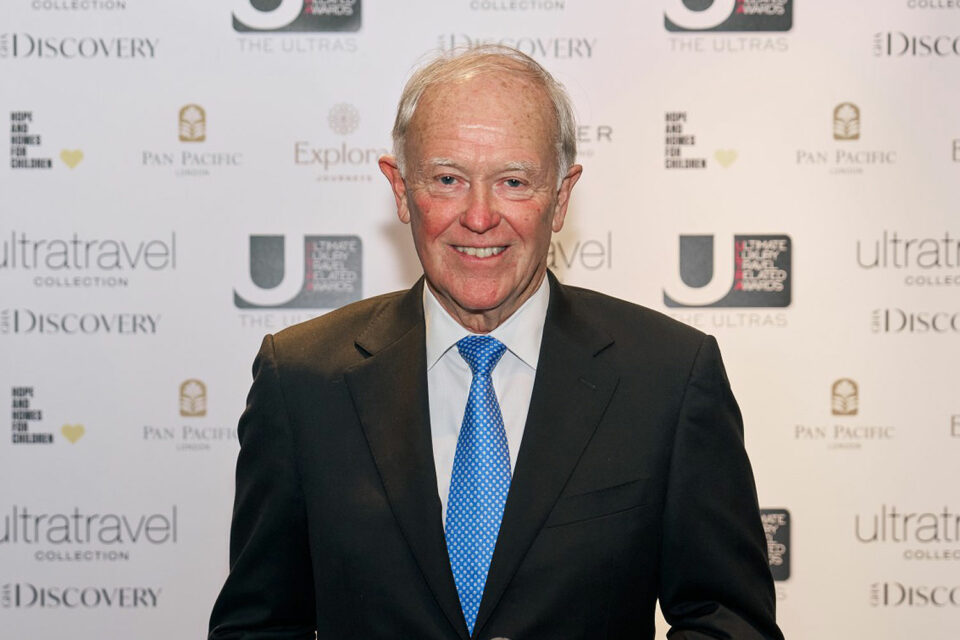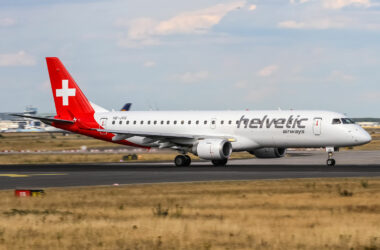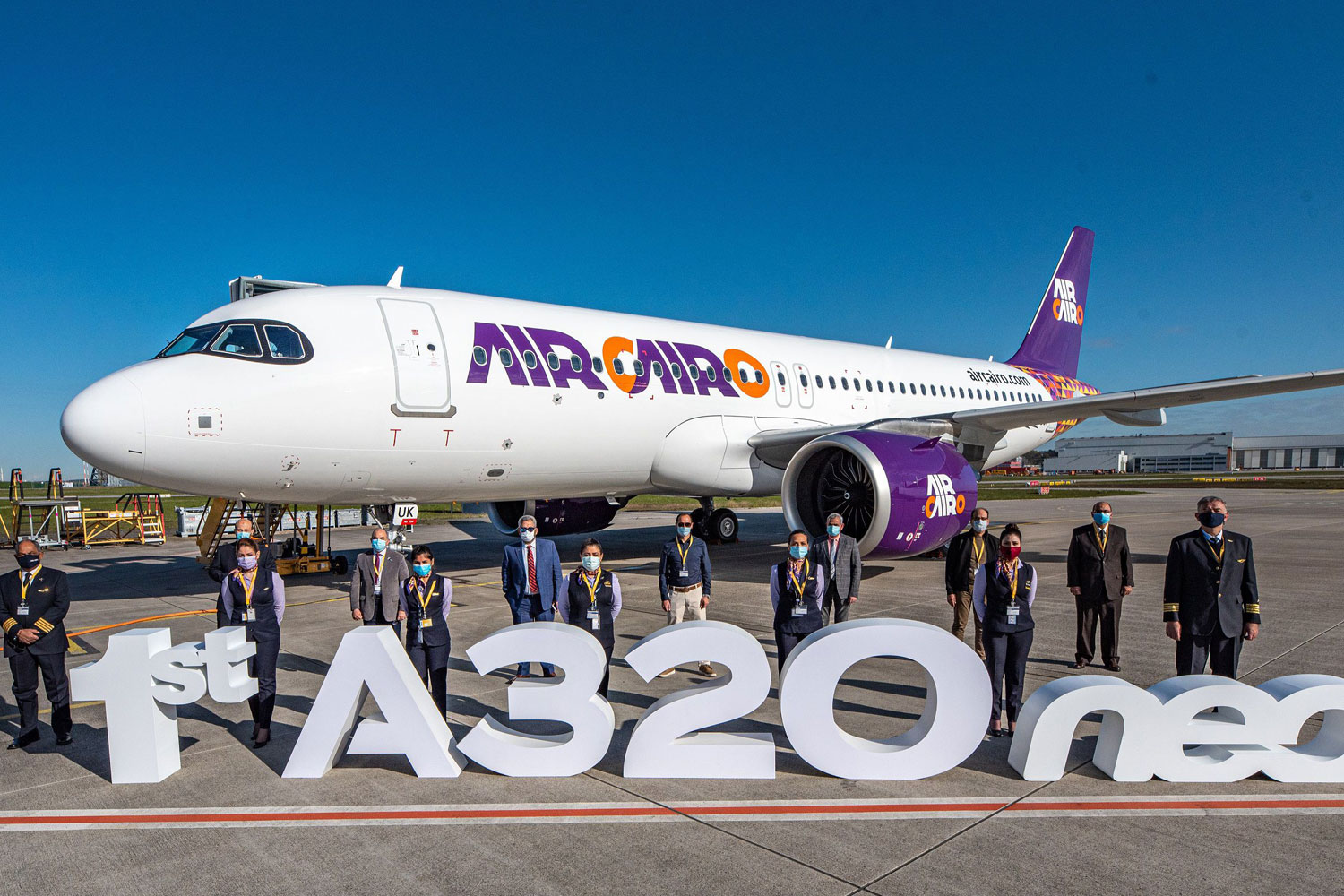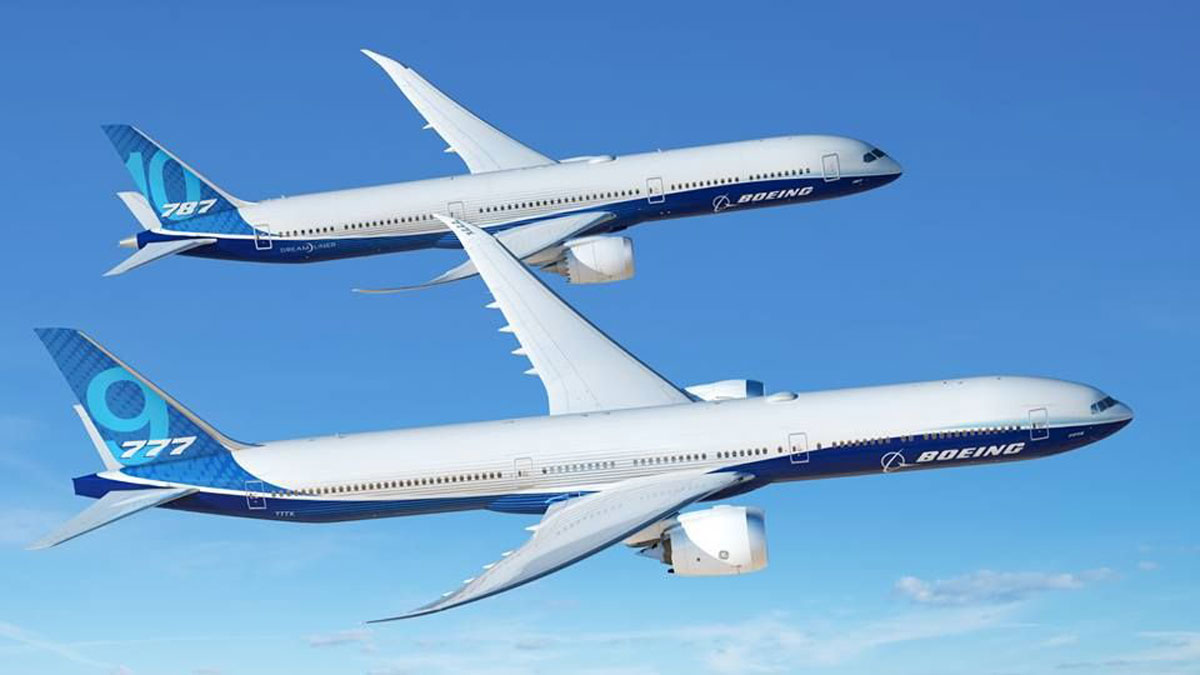At the end of May, Sir Tim Clark, president of Emirates Airline, gave an interview to IATA’s Airlines magazine during the airline association’s general meeting.
As is his way, the executive didn’t mince words and pointed out several problems in the air travel industry, including the focus of Boeing and Airbus on narrow-body jets.
For Clark, manufacturers should have already started studies into new, more efficient and ecological wide-bodies.
Follow Air Data News: WhatsApp | Google News | Instagram | LinkedIn | Twitter | Facebook
“Going toward 2050, we will only have the A350 and the B777. Let’s assume that it takes about 15 years to develop an aircraft—and in fact, the new B777 will be longer than that. That means, even if we started today, we won’t get a new aircraft this side of 2040,” said the Emirates president.

Aircraft with 1,500 seats
Owner of a fleet of 116 Airbus A380s, the largest commercial jet in history, Emirates decided to invest in the aircraft to keep it in operational condition until at least 2040.
The retirement of the two-deck giant worries Tim Clark. “I worry about how we will manage the network when our A380s become obsolete. We fly them with an 85% load factor and demand is increasing,” he said.
The solution? An aircraft with 1,500 seats would be logical, says the Brit.

The forecast is certainly uncomfortable as Emirates currently flies its A380s in a four-class configuration with 484 seats – there are other cabin configurations, one of which has 615 seats.
Therefore, the carrier’s president believes that passenger demand should triple in the next 15 years, approximately.
The reality, however, is far from that. There are currently no plans for a commercial aircraft as large or even the size of the A380 that would be environmentally acceptable.

Without an efficient, high-capacity aircraft, Clark projects higher ticket prices, with supply unable to keep up with growing demand.
“Or we design aircraft, engines, airports, and airspace that accommodate demand in an environmentally responsible way. And we start doing that today.”






